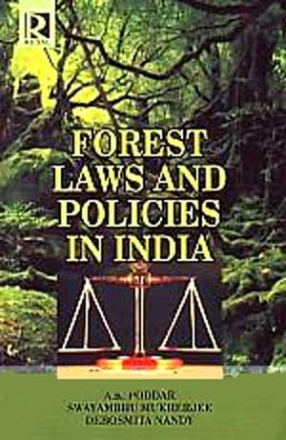The progress of democratic Government stems from the interactions of economic, cultural and properly political factors which are shaping the background and the environment of democracy-building in each historical circumstances. The study of democracy making must consider simultaneously the good intentions of the convinced democrats and the affects of facts or situations which have noting in common with these intentions. In other terms again, the analysist of democracy building must first of all be conscious of the series of paradoxes. This volume offers for a revisitation of some of these paradoxes. It happens to be the product of an academic meeting. The first part is focused on general theoretical perspectives dealing with diverse aspects of the paradoxical democratic power. Chapter I refers to the very paradox of power in itself, in its links with democratic politics. Chapter II considers the over conflicting relationships between science values and democratic theory. And Gisele De Meur, revisists in chapter III the paradoxical and perverse effects of electoral laws on party systems, in the light of the last contributions about the controversial question. The second part is collecting a series of comparative views, or case studies referred to democracy-building as it is currently occurring in different regions of the Third World. Helgio Trindade’s opening chapter analyses its first sequence, which derives from the primary process of state building, in the neighbouring but contrasting Brazilian and Argentinian examples. In chapter V, a French scholar-Max-Jean Zins scrutinizes with a fresh perception the paradox of democracy in India. Is India and exception in the Third World? And finally, the last two chapters share a comparative perspective. Chapter VII examines the possible paths to democracy in Third World countries. On his side, the concluding chapter by Guy Hermet argues against the idea that democracy is necessarily conquered by the people. In other words, it sustains the paradox that an authoritarian democratization is an unpleasant but verified hypothesis in the recent time.
Born in Bigutar, Nepal: Socio-Economic Relationship of a Brahmin-Bhujel Village, 1971-2001
This study has two main ...
$47.50
$50.00





There are no reviews yet.